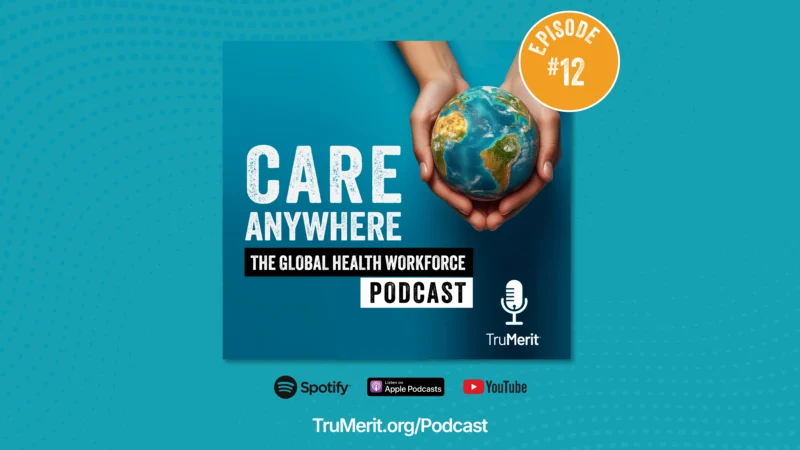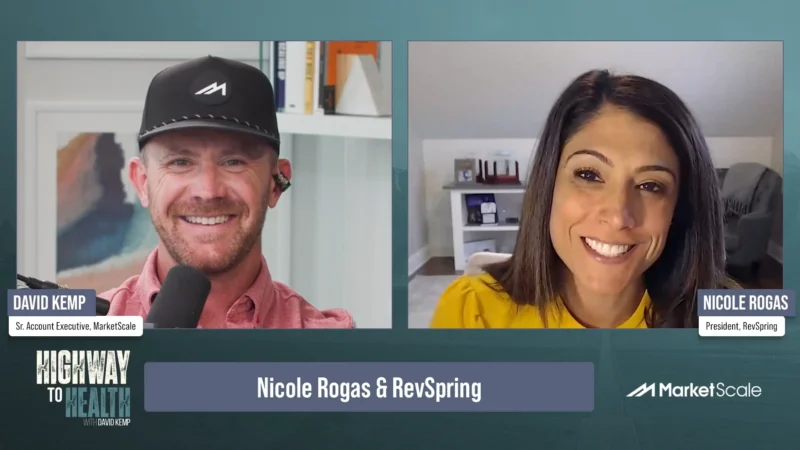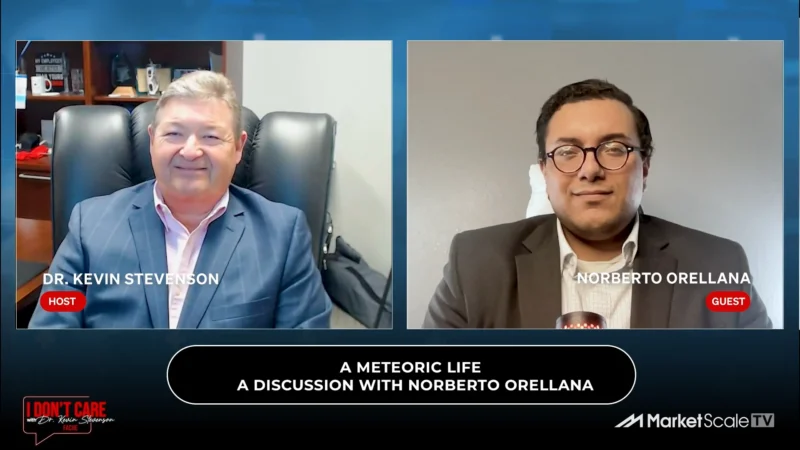Archiving Retired Systems: Pitfalls to Avoid
There’s a strange give and take happening in healthcare, and it has to do with the technology systems organizations use to store and access patient data and more.
While many of these legacy systems are astronomically expensive by today’s standards, making them obsolete and setting up a clear need for transition, many healthcare organizations are afraid to make such a change for fear of losing the patient data stored within the soon-to-be retired system.
In addition to the loss of data, transitions can also just be overly complex, adding another burden to teams already spread thin in the wake of COVID-19 and increasing patient expectations.
To outline some strategies for leveraging a straightforward, affordable provider to avoid common pitfalls and move on from overly expensive solutions with no ill effects, host Tyler Kern invited Norman Efroymson, Vice President of Micro-Office Systems, a division of Medsphere, to this episode of Full Circle Healthcare.
Micro-Office Systems is a “leading provider of medical data extraction, migration, and integration solutions” that’s spent the last three decades delivering cutting-edge medical IT solutions and helping organizations find the best answer to their unique challenges.
The company’s proven medical data extraction and conversion tools and processes make transitions secure and seamless, handle careful conversion of data from your legacy system, and ensure your practice doesn’t miss a beat during a system transition.
Follow us on social media for the latest updates in B2B!
Twitter – @MarketScale
Facebook – facebook.com/marketscale
LinkedIn – linkedin.com/company/marketscale




